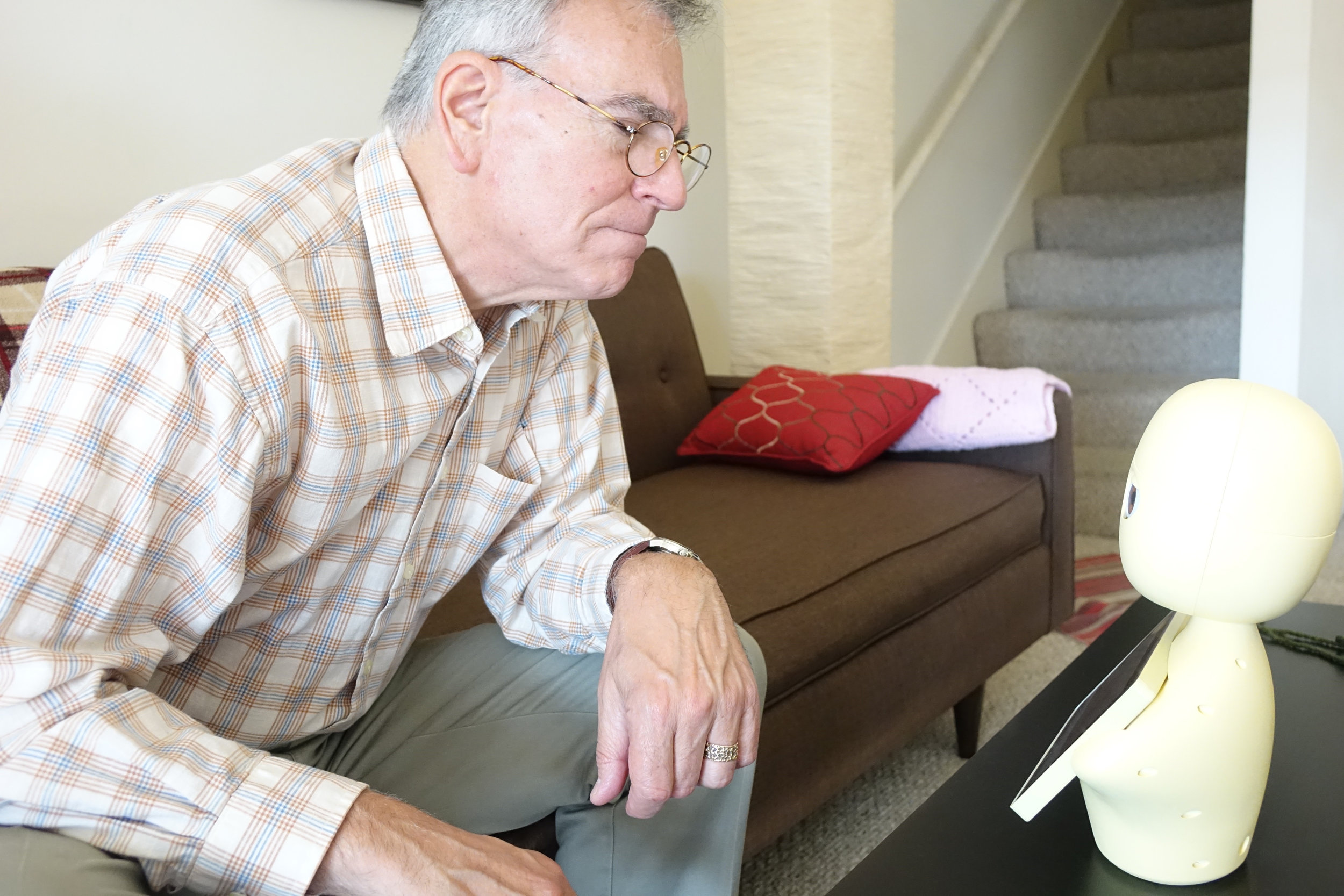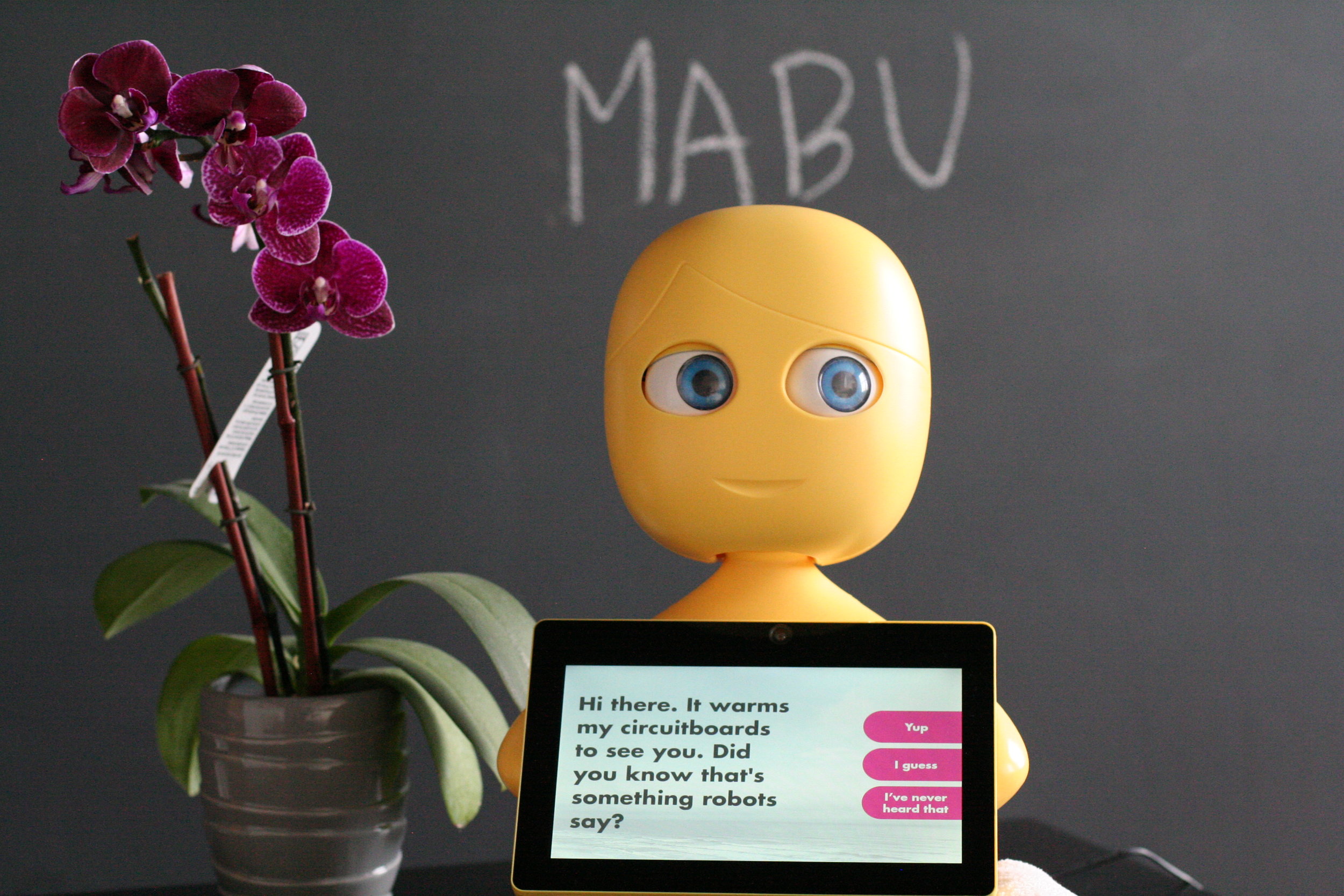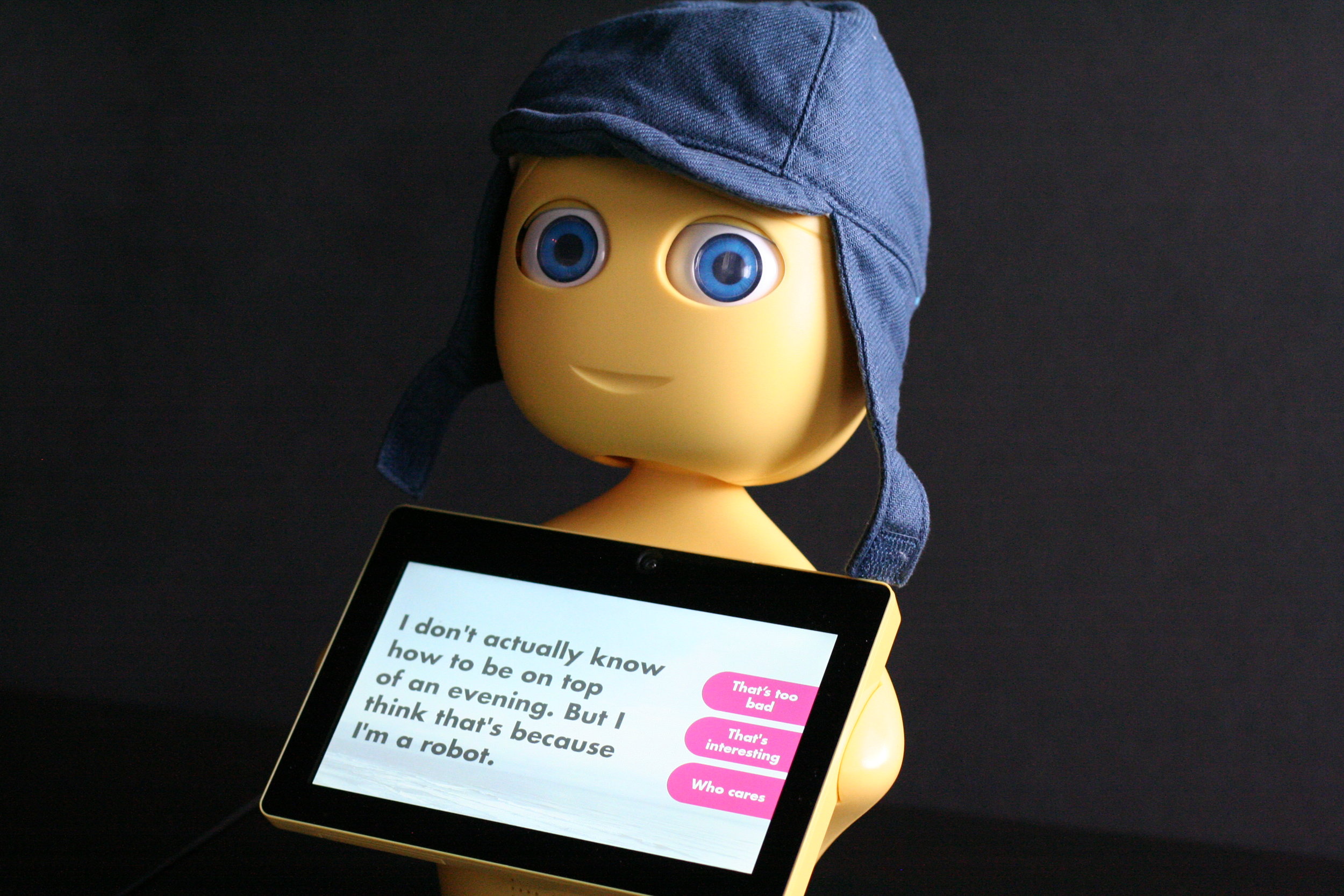Smart Medication Home Assistant
Take your home voice assistant (e.g., Google Home, Amazon Alexa) and imagine it had a baby with a smart pill organizer, and then you have these new devices that are entering the market. It probably comes as no surprise that entrepreneurs have explored how to integrate home voice assistant programs or similar virtual technology into a medication adherence platform, as there have already been discussions about Amazon Alexa serving as a tool to remind patients to take their medication at home. The benefits to these platforms is that it could expand patient care beyond just dispensing and tracking adherence, but also as another level of patient engagement, capable of answering questions or serving as a hub for patient support. Most of these platforms also work by using compliance packaging solutions (e.g., strip or blister packaging) or having the patient fill them manually. So that being the case, the following are devices that are both a medication dispenser and have some virtual integration with a teleservice, AI, or voice assistant. Overall, we can regard these new devices as a sort of digital wellness coaches in the home.
Pillo
Getting alot of of press for raising over $100K on Indiegogo, Pillo is perhaps one of the best known robotic home medication platforms coming to the market at this time (perhaps in no small part due to its googly eyes). Based in Boston, MA, this companies home medication assistant robot is built with a medication dispenser (pre-loaded by the patient), a camera and video interface, and voice assistant. Not only can it remind and dispense medications to patients, but also answer questions and play music. Currently it is expanding its services so it is unknown what therapeutic areas they are targeting, but based on their website they are looking for partners ranging from PBM, pharma, and others. Lastly, Pillo allows integration of other health information collected from mobile apps and wearables to monitor health endpoints (e.g., calories, dietary intake).
Research:
There is no current publications or studies related to the Pillo system.
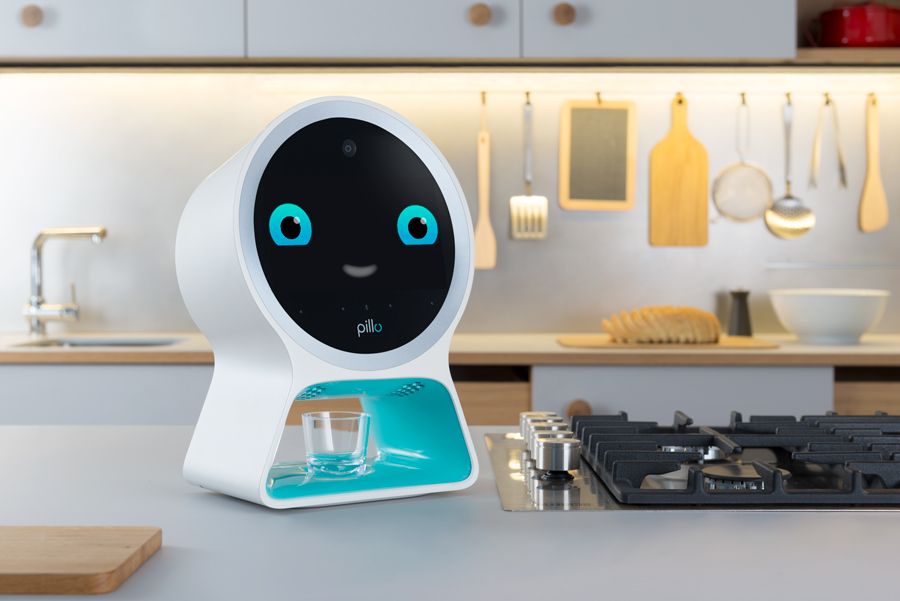
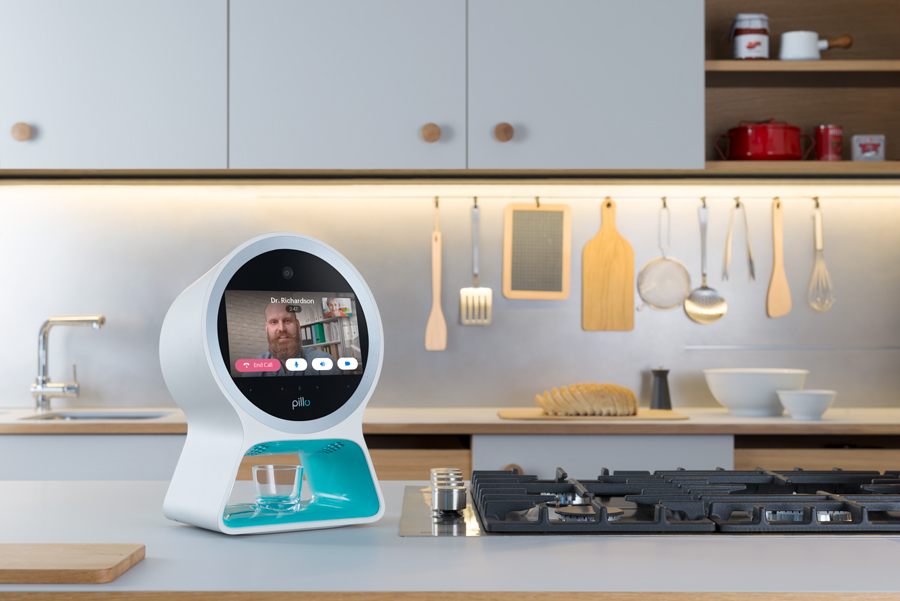
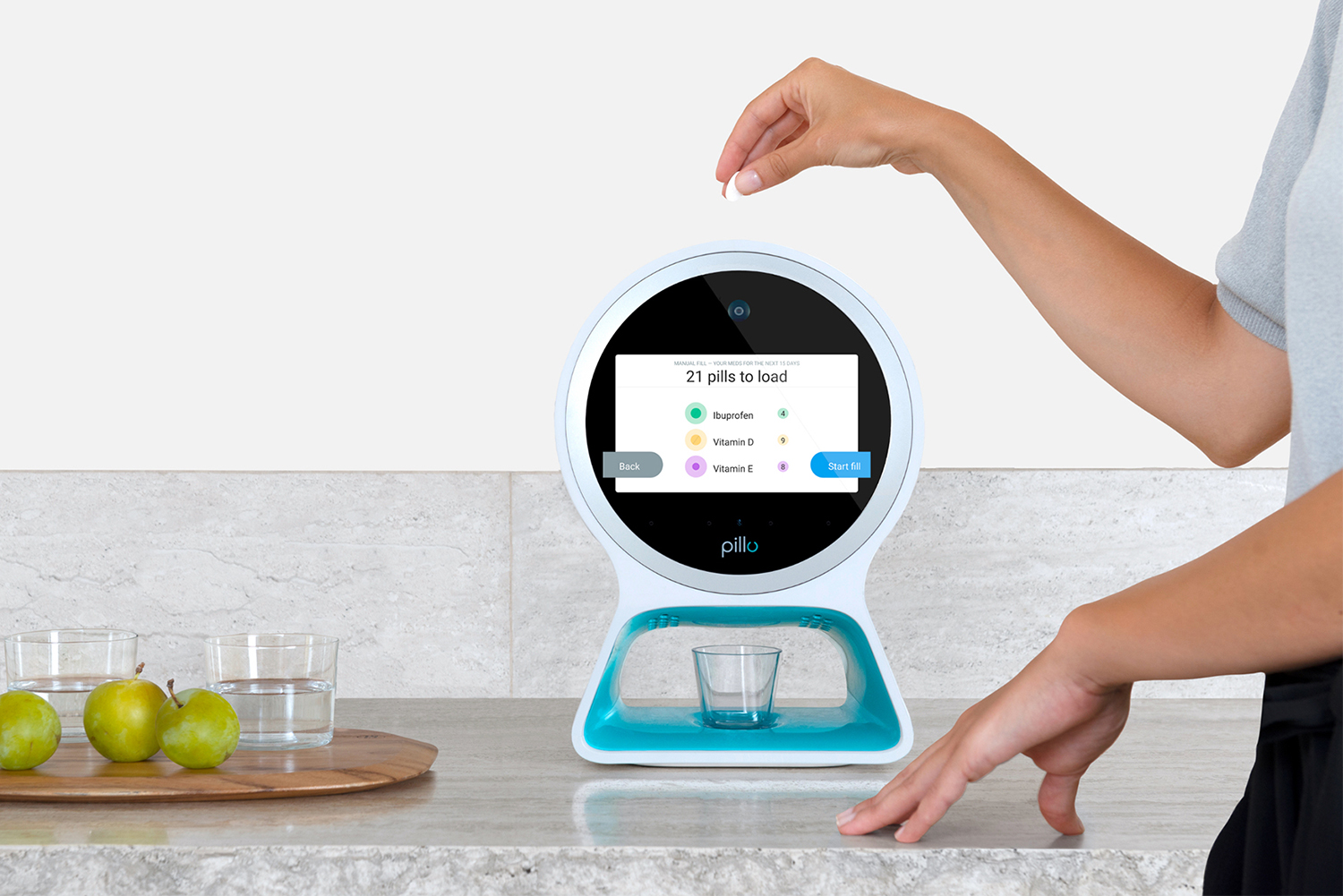
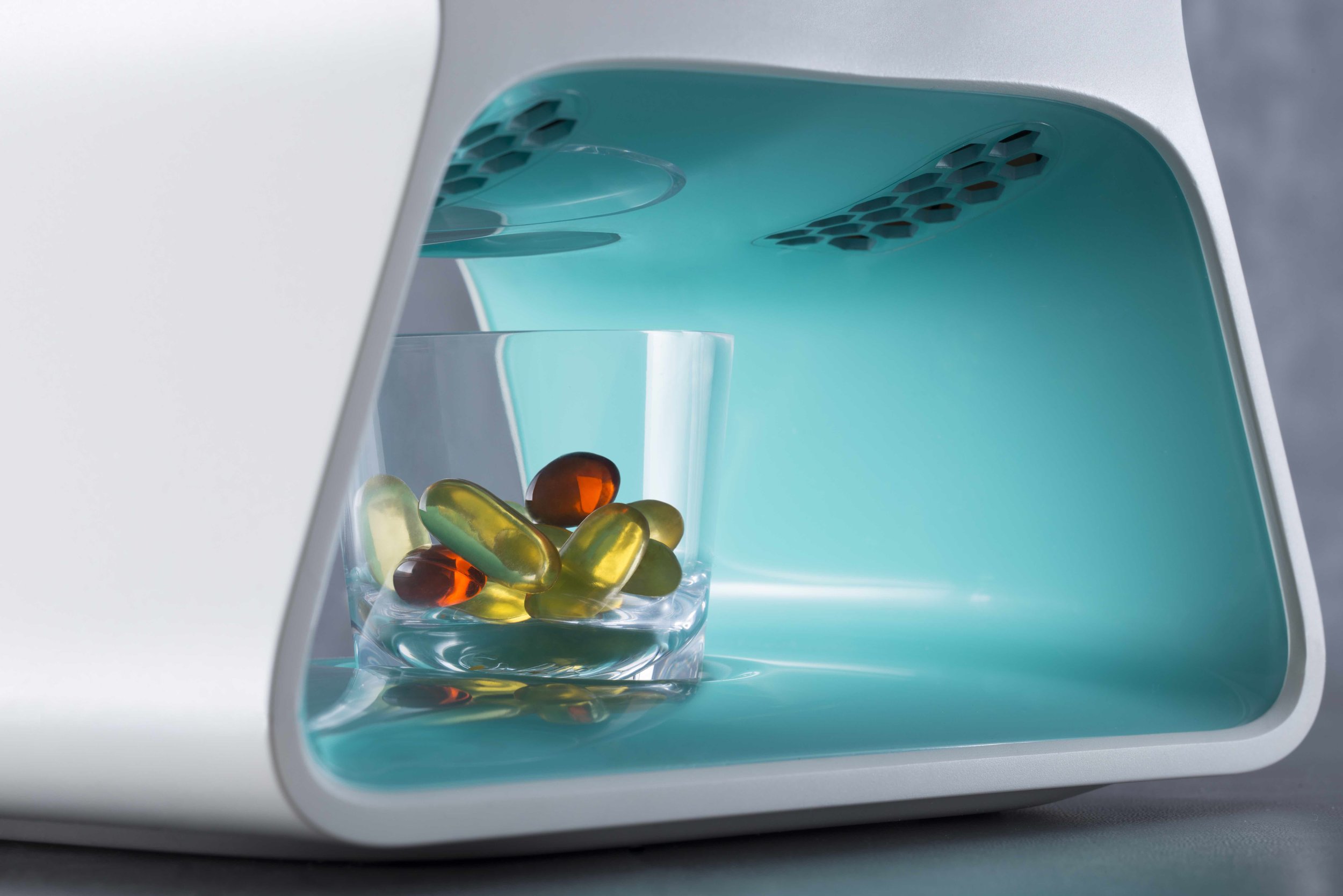
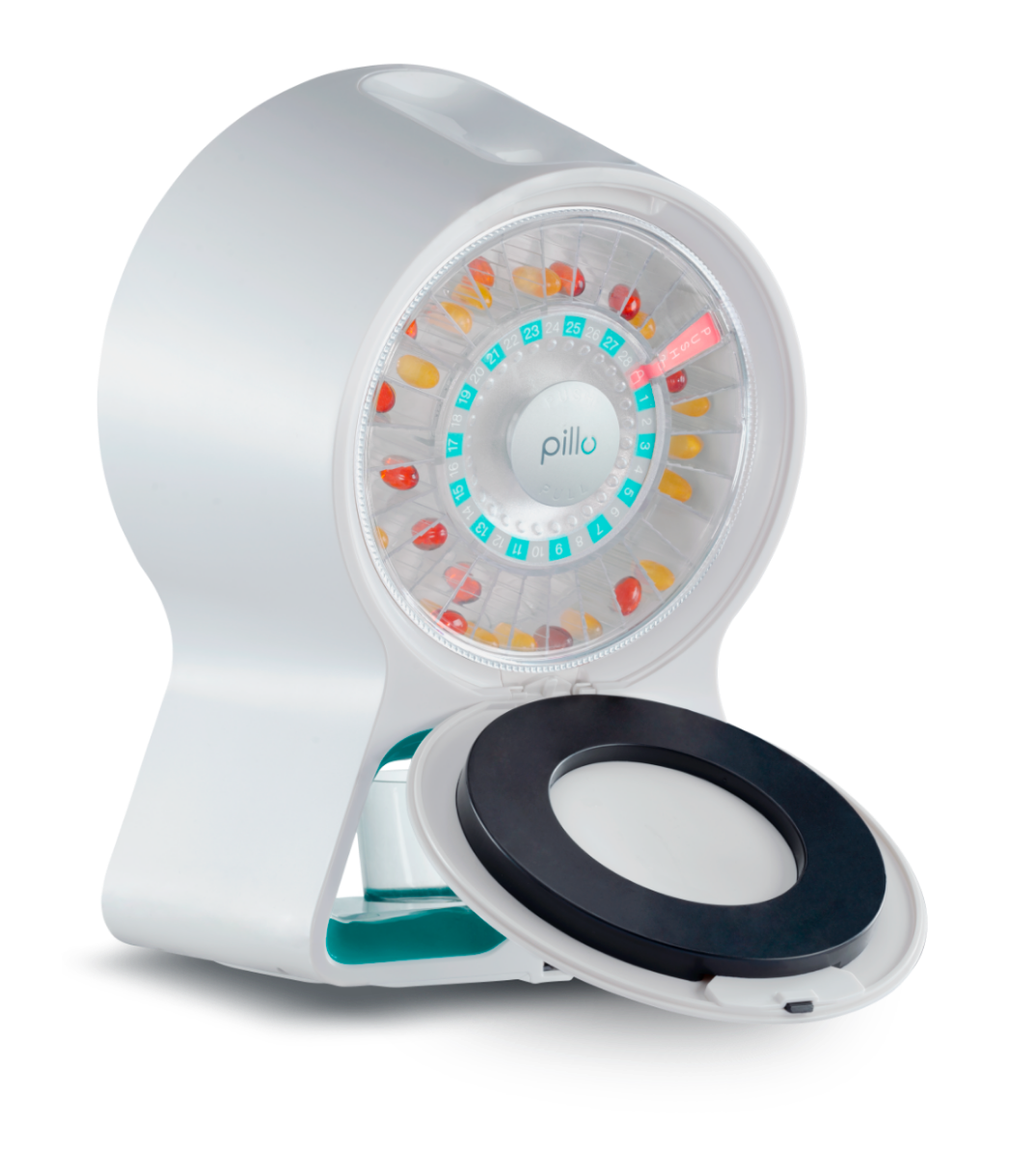
Catalia Health
Seeking to enhance patient engagement surrounding medication adherence, Catalia Health created Mabu, a home robot that can interact with patients throughout the day. The platform seeks to understand patient behaviours and personality in order to better fit their needs and create helpful nudges for health purposes. Mabu can be used to tackle diseases and specific needs of a patient based on their medical history, and communicate with their health team. Now Mabu doesn’t sort or dispense pills to patients, but managing adherence seems to be one of its main purposes so I have it on this list.
Research:
There is no current publications or studies related to the Catalia system.
Spencer Health Solutions
Spencer is a robot smart pill dispenser that uses pre-filled strip packaged drugs to alert and give patients their medications in the home setting. Focused on their ‘Circle of Care’ with the pharmacist playing a large role in preparing and coordinating medications for the patient using Spencer as a hub in the patient home for medication management. While Spencer doesn’t have an AI or similar built in, it does incorporate communication with a pharmacist through the system, and allows outside data to be collected and uploaded (e.g. blood pressure, SMBG data). Spencer has also recently partnered with Phillips as well, which seems to go along with Phillips earlier Medido design.
Research:
There is no current publications or studies related to the Spencer system.
MediPENSE
This company has created the RxPense, perhaps one of the largest in home smart medication dispensers I have seen. The platform essentially dispenses blister packs (compared to strip packaging) and as such uses a large drum machine to store the blisters. While the machine will play sounds/music/pre-recorded audio and other alerts to remind the patient to take their dose, other features on the machine make it shine. It can store medication informaiton, and supplies contact information with the patients health team, and can allow video/tele-conferencing through the device.
Research
No publications or studies identified using the MediPENSE system.


